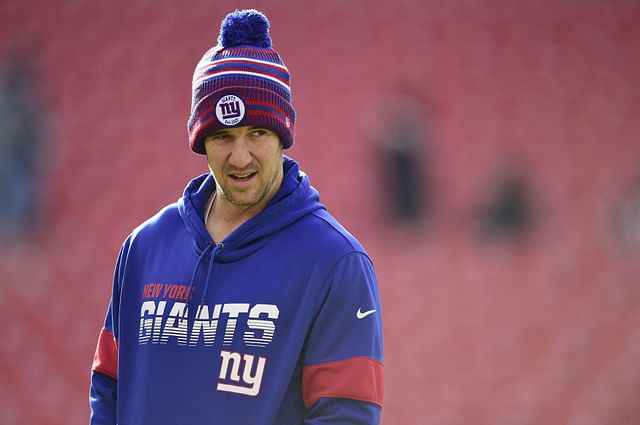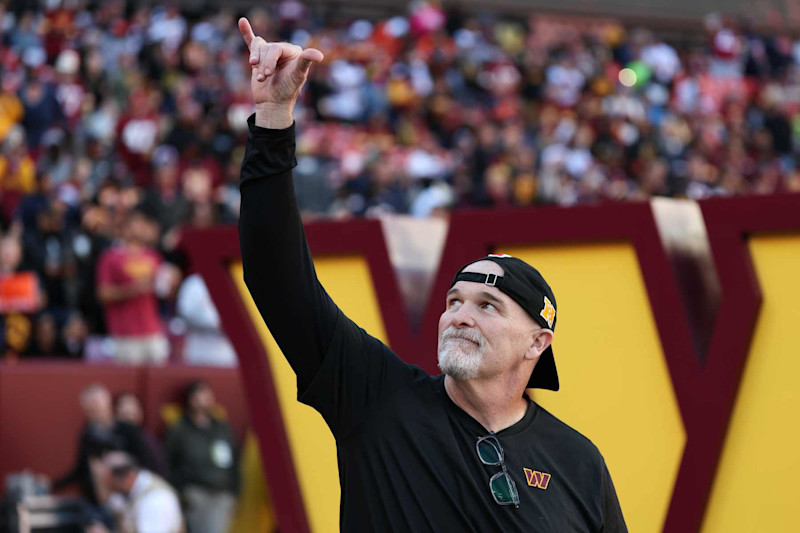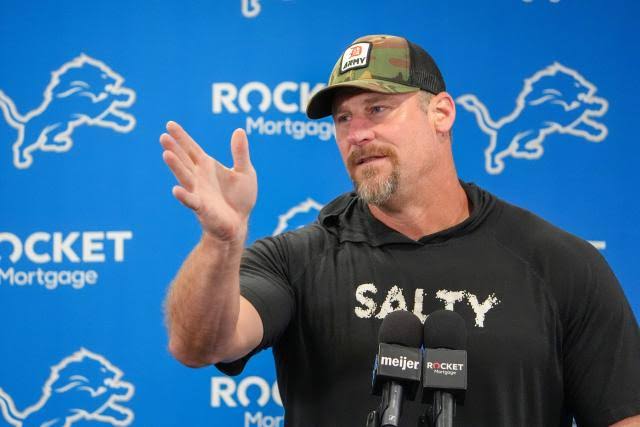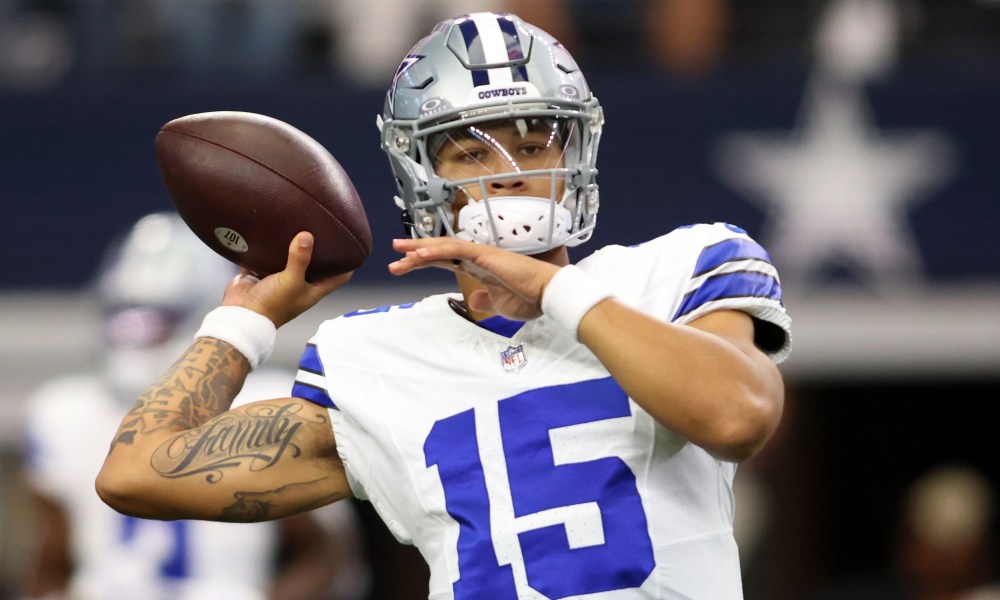Eli Manning’s journey with the New York Giants was marked by standout moments that forever cemented his place in NFL history. Leading the Giants to two Super Bowl victories, both against Tom Brady’s Patriots, Manning delivered some of the most unforgettable games in football. His first Super Bowl win in 2007 remains a legendary upset, defeating an undefeated Patriots team and etching his name into football lore.
But does Manning’s career truly merit a spot in the Pro Football Hall of Fame? Former teammate and Giants defensive end Justin Tuck believes it does. On a recent episode of The Pivot Podcast, Tuck laid out a compelling case for Manning’s induction, emphasizing his achievements and consistency.
“If you look at his longevity, his passing yards, his touchdowns, and his Super Bowl MVPs, that speaks for itself,” Tuck argued. Beyond numbers, Tuck highlighted the challenge Manning faced stepping out of his brother Peyton’s shadow to establish his own legacy in New York’s intensely competitive market.
Tuck’s admiration didn’t stop there; he praised Manning’s unyielding work ethic and commitment. According to Tuck, Manning was often the first to arrive and last to leave the Giants’ facility, day after day, for over 16 years. That relentless dedication, Tuck believes, exemplifies what it means to be a leader.
Manning’s career statistics, however, aren’t without their blemishes. Despite his Super Bowl wins, his win-loss record finished at a break-even 117-117. He also set the record for the most lost fumbles in NFL history, a figure that clouds his Hall of Fame candidacy for some critics. Additionally, after 2011, Manning struggled to find playoff success, only making it to the postseason once more, in 2016.
Yet Manning’s case isn’t unique in Hall of Fame discussions. Legendary players like Joe Namath, who had more career interceptions than touchdowns, and linebacker Dick Butkus, who never saw the playoffs, also earned their places in Canton. These examples highlight that even imperfect careers can earn a spot in the Hall of Fame.
In the end, Tuck’s defense of Manning reflects the broader question: Should the Hall of Fame reward players who not only brought greatness on the field but who also became iconic figures? Eli Manning may not have a spotless record, but his impact on the Giants and the game is undeniable.




